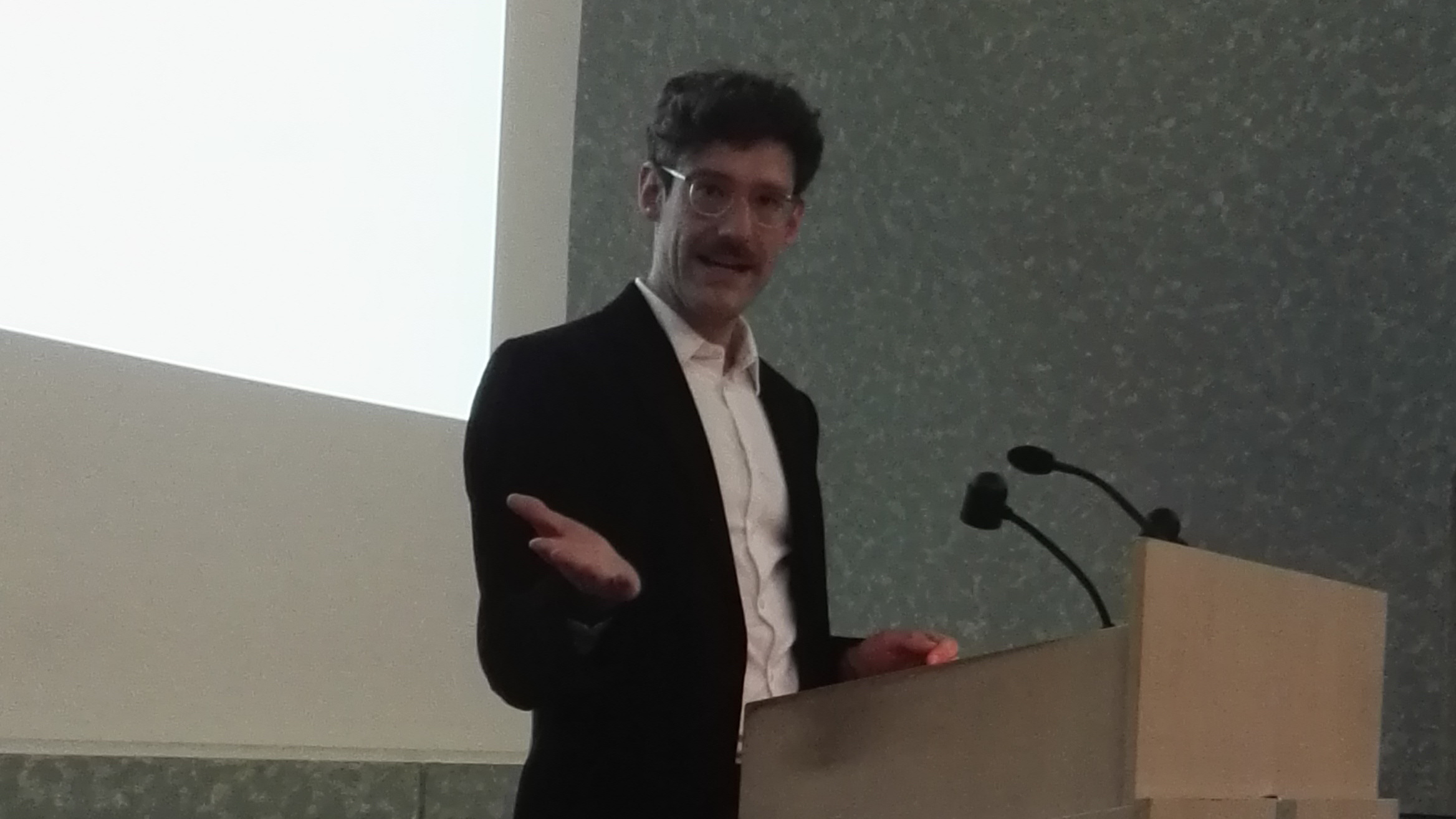Online Evening Lecture: The Relationship between Academia and Politics in the Debate on Academic Freedom

Machine translation without proofreading!
At the invitation of BdWi, fzs and NGAWiss, I will open the event series “Freedom of Science - a contested field” on 12.05.22 at 18h00 with a talk on the relationship between science and politics. I am very much looking forward to it.
In the name of scientific freedom, the politicization of science is usually criticized. But this traditional understanding of scientific freedom is misleading because it only criticizes certain positions in science as political, while other, no less political positions are presented as neutral and objective. A critical understanding of academic freedom must reflect on the tense relationship between science and politics and reorient it through a critique of power and diversity politics.
Teaser
The politicization of science and “cancel culture” through “woke” theories is criticized by the Network for Scientific Freedom as a central danger to scientific freedom. Politicization is one-sidedly attributed to the representatives of socio-critical approaches, while the own position is presented as “purely scientific” and politically neutral. The lecture criticizes this traditional understanding of scientific freedom as the absence of politics and proposes an alternative, critical understanding of scientific freedom. Based on the analysis that rigid structures of power and privilege are the central obstacle to collaborative work on scientific objectivity, the critical notion of scientific freedom is about reflecting on and transforming the relationship between science and politics. It focuses on the diversification of access opportunities and viewpoints within science - that is, the redistribution of power and privilege. The talk discusses the pitfalls that arise from the critical notion of academic freedom. If the fundamental politicity of science is established through the means of critical social theory, does that open the door to a political regulatory crackdown that contradicts any notion of scientific freedom? And if scientific diversity policies are scientifically justified (rather than politically set), doesn’t that absolutize certain critical theories, which is just as contrary to the notion of scientific freedom? The strength of a critical understanding of scientific freedom, as opposed to a traditional apolitical understanding, lies in thinking of the relationship between science and politics as fraught with tension, thus drawing a realistic analysis of the winners and losers of different science policy practices.
Online participation: Zoom meeting ID: 681 2276 1177; identification code: 255251 or dial-in via http://uni-regensburg.zoom.us/j/68122761177?pwd=U2FIeFVXeEtYNnlyRElLRUtadjlmQT09
More info
https://mittelbau.net/vortragsreihe-wissenschaftsfreiheit-ein-umkaempftes-feld/
https://www.bdwi.de/termine/event_30785.html
Related Posts
- New Publication: Defending Plurality. Four Reasons Why We Need to Rethink Academic Freedom in Europe, 19. April 2021
- EARS: Scale to measure epistemological attitudes, 26. February 2024
- New Journal Article: Two Concepts of Academic Freedom. The Relation Between Academia and Politics, 13. September 2023
- Teaching in the winter term: Struggles about academic freedom and freedom of expression (MA) and Identity Politics (BA, in English), 2. November 2021
- New post at Theorieblog: Toward a critical theory of academic freedom, 15. October 2021